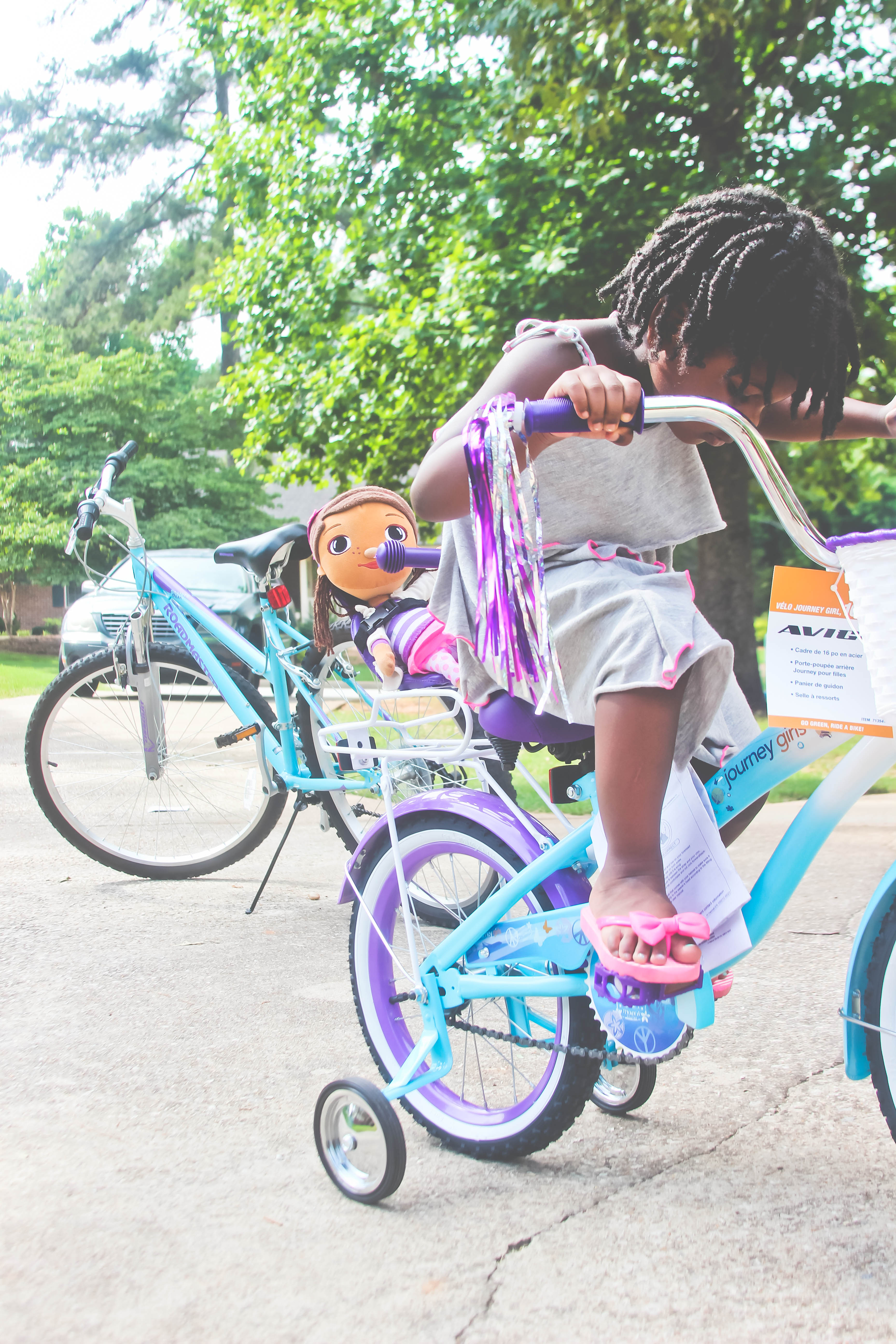*taps the microphone* Testing! I’ve taken a little time off from the blog. Redirecting my focus on a few things and lawd knows I can’t rub my stomach and pat my head at the same time on a good day. I’m settling into my new groove and I will be sharing with you guys what I’ve been up to soon.
One of my new shifts has been spending more time with my son and his school work. We all know as parents our influence and dedication to our children’s education inside AND outside of school sets an example for them. I always thought helping with school work would be easy but I’ve found myself struggling getting my son to retain some of his sight words. I know he is just in Kindergarten, but I started thinking there must be a tried and true way. Figuring that some of you may have the same issues…it’s just me? Well, I thought I would reach out to one of my Tweeps/Blog Buddy who is a veteran educator and ask her to do a guest post to help out some of us me with better ways to help our child(ren) build retention, reading and writing skills.
If you have any educational related questions, send them over or leave in the comment section. Maybe she can help us me out more often. Making education a priority is one of our responsibilities as parents. If you don’t know, you better ask somebody….literally!!
Dr. Reginia blogs over at Her Perfect Black Dress and you can find her on Twitter under Dr_Reginia.
Thanks Reginia!
Parents; A Child’s First Teacher
Parenting is a complex vehicle. It is a role without concrete instructions, plans, or road maps. Parents are charged with providing their child(ren) with the skills of fundamental readiness and preparedness. Fundamental readiness and preparedness include; walking, talking, grooming, coping, and school readiness. Because parents are their child’s first teachers, the aforementioned elements are essential for ensuing success.
During the formative years, it is essential to communicate the importance and value of education. Family values have the ultimate stronghold and are transferred to student achievement. Student achievement is measured by academic performance and successes, therefore bridging home and school are paramount.
Below are tips to build a foundation for academic success:
Develop a reading rich environment at home. Home is the core of education. By creating a home environment that is rich in literature, children will respond positively to this stimulus. Read with your child(ren) early and often. Incorporate texts of interest including magazines, poems, and family letters. Visit your local library or book store to support personal interests in reading.
Incorporate writing into your reading routine. Writing is an essential skill. Early writing helps strengthen fine motor skills, develop letter formation, build vocabulary, develop semantics, and syntax. Create a family journal. This journal may be used to respond to literature, write letters among household family members, or develop new vocabulary. Also, writing can be as simple as recording grocery lists or writing a review to a television program.
Recite, Review and Retain. Exposure and frequency support retention. How often have you remembered the lyrics to a song that may not be your favorite? Have you wondered why? It’s because the song is repeated frequently, therefore you retained the lyrics. Also, divide assignments into segments threes or fours. Small chunks of information are best memorized this way. Look at how your phone number and credit card numbers are divided. This is a measure to support retention. Remember, frequent exposure to an item creates familiarity and ultimately retention.
Communication. Communicating with your child is important. Conversations illustrate your personal and specific interest in their academic success. Ask specific questions daily. What did you practice in language arts, math, science, and social studies today? Ask for examples. Your child should be able to give clear responses to these questions. If the responses are frequently unclear, reach out to the teacher. Check the school’s and district websites for academic and instructional updates. Again, the home is the core of education.
Parents, you are your child’s first and supreme teacher. Education is fluid and universal. One of the greatest gifts you can give is love and adornment for education.
With light and love,
Dr. Reginia




9 Comments
kita
September 21, 2011 at 3:34 pmWhew tell me about those site words. I started them over the summer but I guess my son did not retain all of them just some like run, jump, and play. Yeah he knows those for some reason (side eye). I think it’s hard especially with two kids I find myself sitting down to do homework but I have to constantly stop and get the baby or she keeps coming into our quiet room interrupting us. I love all the points that was stated and I will continue to communicate I also need to work on having my son read more. That is something that is lacking in my household and I love to read so I need to find a way to incorporate my love of reading to the kids.
cam
September 21, 2011 at 3:46 pmgreat advice. doing these things builds a great foundation for a lifetime of learning. – wait, that sounded like a commercial. 🙂
Baby Shopaholic
September 21, 2011 at 4:19 pmGreat stuff! I need help on what to do with a 1year old. I am not sure if I am jumping ahead or what I should be working on with her.
Lynn
September 21, 2011 at 5:11 pmDr. Reginia… you are a gem!!!! This POST is awesome. The last sentence speaks volumes… I must share with my Youth Group Organization on my Facebook page!!!!
~Thanks for sharing
Xoxo
Lynn
Optimistic Mom
September 21, 2011 at 5:54 pmI love this post! I am hoping that I keep getting more and more wonderful tips like this. My son is in preschool and I am getting nervous about the expectations/goals to come, so I want to be ready for the next levels. Thanks so much!! xo
Mimi…I was missing you! But glad you are taking time for your family and other obligations, we all need that.
Melisa - Mommy This and That
September 22, 2011 at 8:13 amI worry about school but tips like this will make it easier to understand how I need to proceed in order to help my child rather than hinder. Parenting is a daunting challenge and it only seems to get more challenging when they enter school.
KalleyC
September 22, 2011 at 3:33 pmThis is great advice, and I don’t think you have to wait until the child is in school to start any of it. In my home, my daughter has her bookshelf, and we are always adding more books to it. She asks questions and is very eager to learn new things.
I think what helps this is that learning things at this stage is fun, and I think that even when the child is older, we still have to take their enthusiasm into consideration. Without enthusiasm for what they are learning, all they will be doing is memorizing.
Dr. Reginia
September 23, 2011 at 2:39 amThank you for the positive feedback.
Education is very important to me. It’s never to early to expose children to literature, math, science, and social studies. Think of all of the delightful playdates to the library, lunch, or the mall. All of these places are filled with words and opportunities to learn.
Investing now is a payoff later.
Keep being great moms!
brandi
September 27, 2011 at 8:34 pmi really enjoyed reading this post. such great advice. thank you for the words of wisdom. we all do our best to guide our children and to encourage them as they grow.